We’re watching them die’: can right whales pull back from the brink?
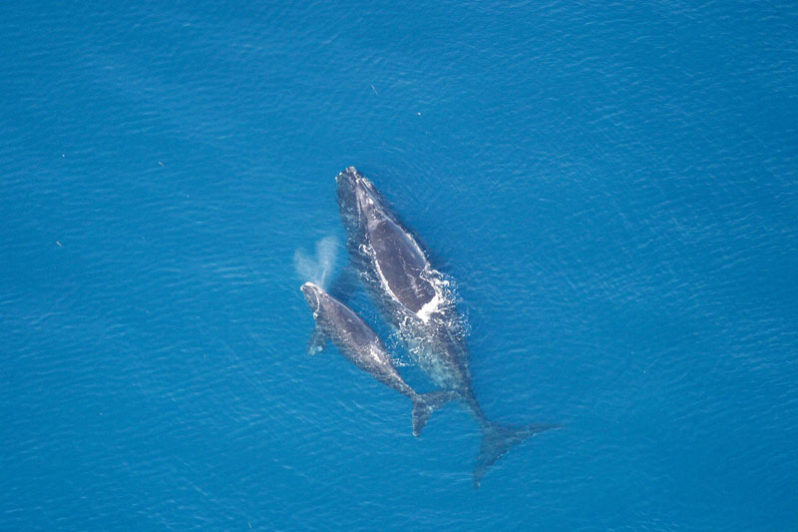
Dedicated conservationists are striving to save the North Atlantic right whale – believed to be down to 400 individuals as ships and fishing gear take their toll.
Litter problem at England’s protected coasts
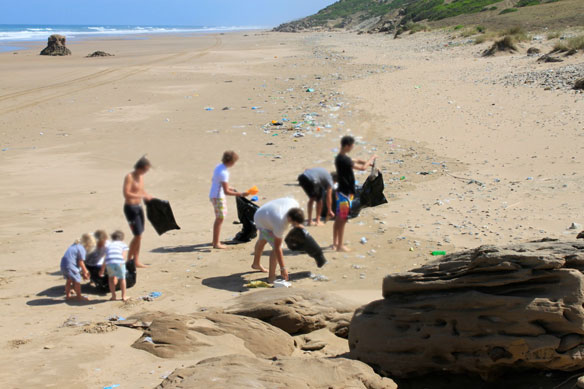
Beaches in or near England’s Marine Protected Areas (MPAs) have the same levels of litter as those in unprotected areas, new research shows. The study used 25 years of beach cleanup data.
Coastal pollution reduces genetic diversity of corals, reef resilience
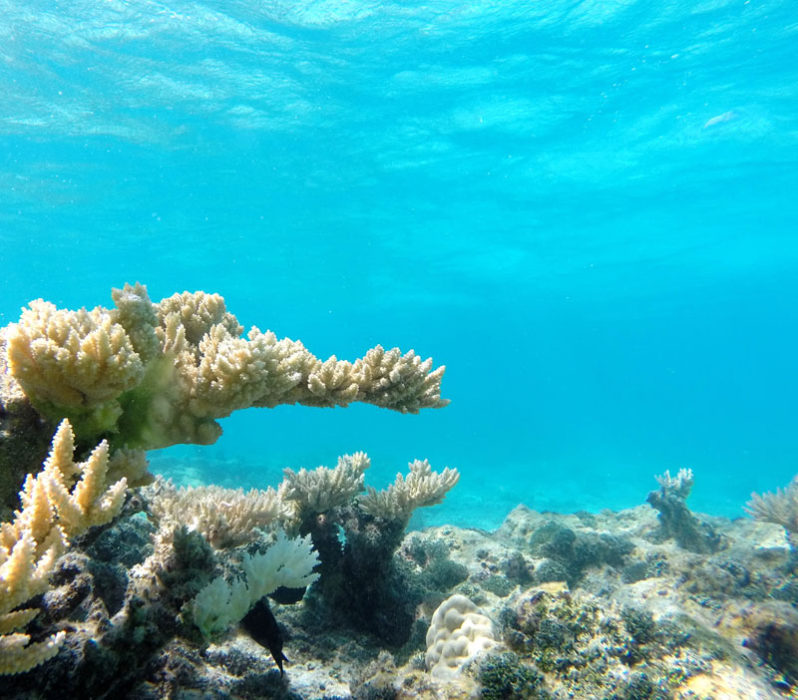
A new study found that human-induced environmental stressors have a large effect on the genetic composition of coral reef populations in Hawai’i.
Stay inside, the world is healing
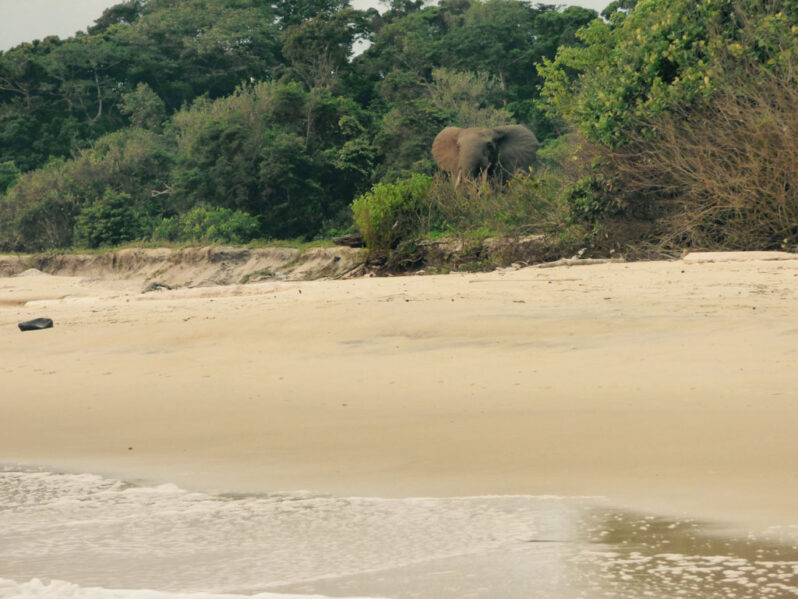
With humans under lockdown, nature has taken over the earth as skies have begun to clear, wild animals are reclaiming their turf. Empty roads and beaches are being taken over by wild animals.
Seychelles designates huge new marine reserve
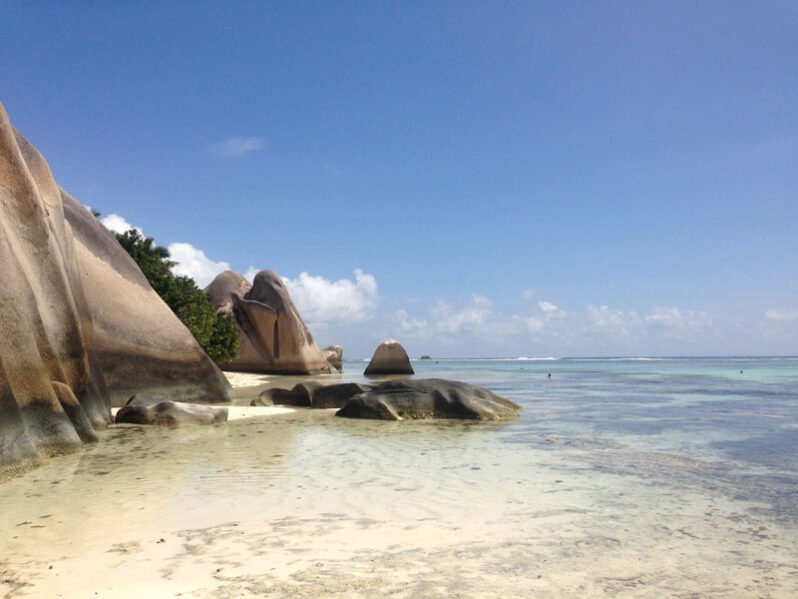
The 210,000-square-kilometre (81,000-square-mile) zone — an area equivalent to nearly half of the Black Sea – is intended to protect both the sea and the archipelago’s economy.
Marine life could recover by 2050 with the right policies, study finds

Despite centuries of rampant overfishing and pollution, marine life in the world’s oceans could be fully restored in as little as 30 years with aggressive conservation policies.
Ocean species are shifting toward the Poles
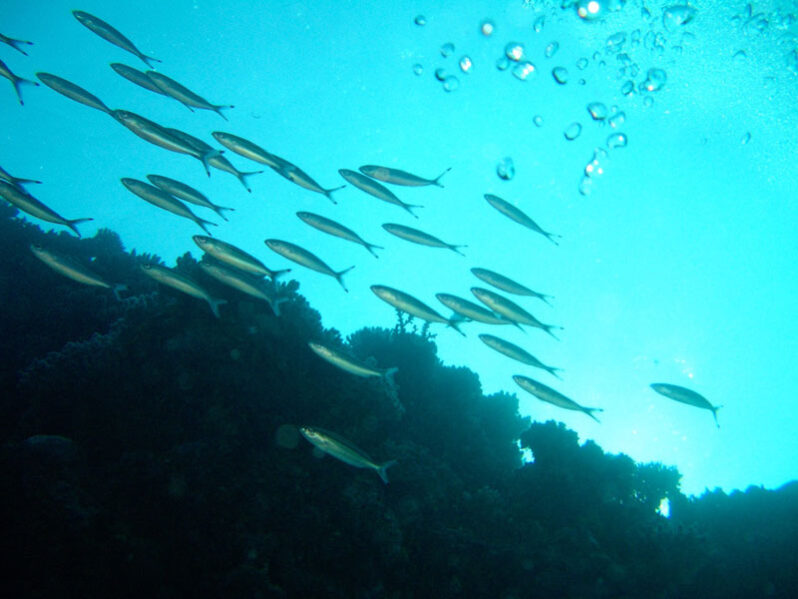
Concentrations of marine animal populations have been shifting away from the equator and toward the poles during the course of the past century, according to one of the most comprehensive analyses of marine species distributions to date.
Plants and animals aren’t so different when it comes to climate
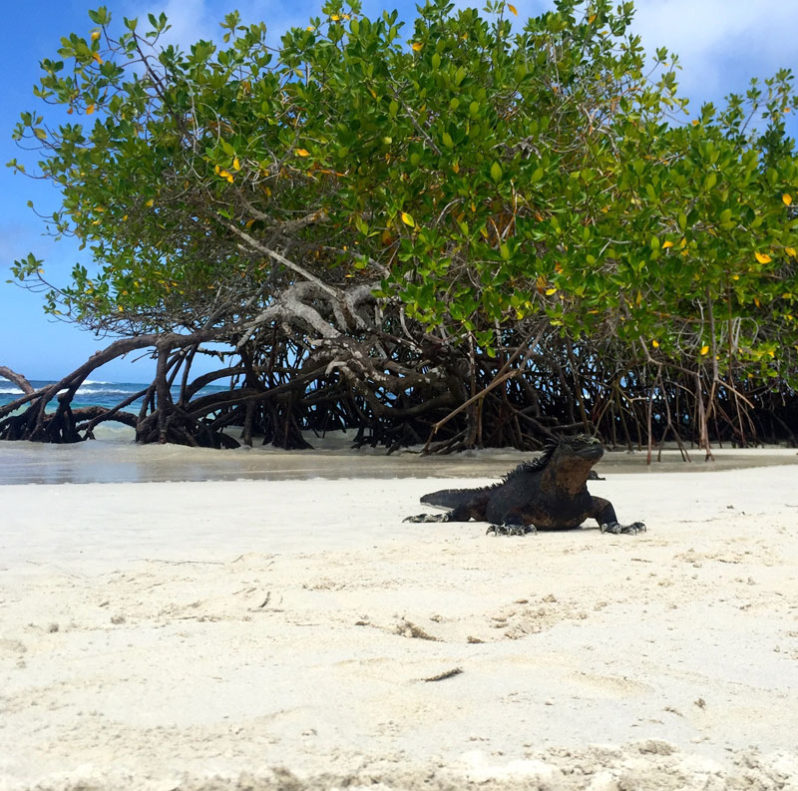
Despite fundamental differences in their biology, plants and animals are surprisingly similar in how they have evolved in response to climate around the world, according to a new study.
Simple framework helps future ocean studies
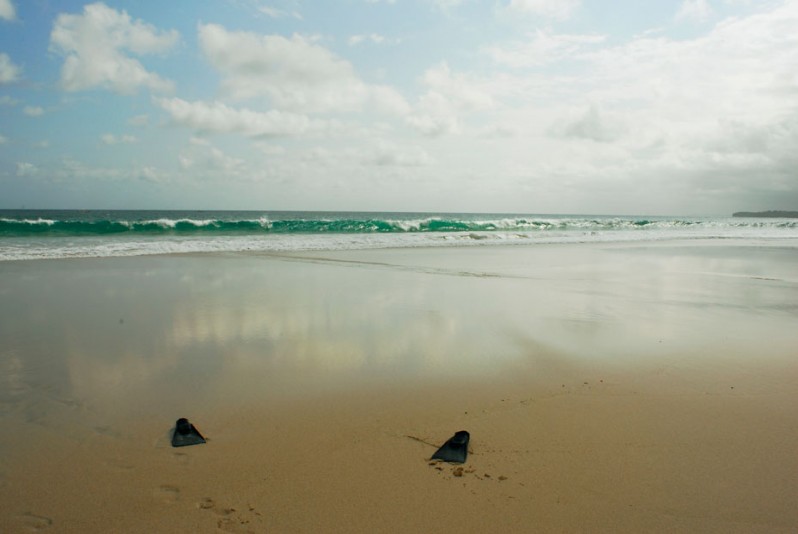
A range of information is collated through a simple framework that will help marine scientists to design more accurate experiments that will better help them understand the projected impact of global warming on marine life.
